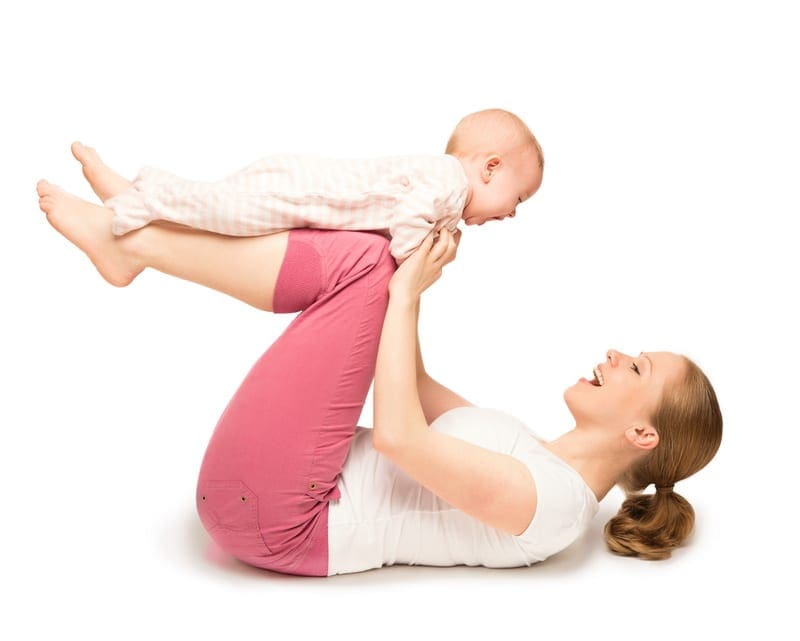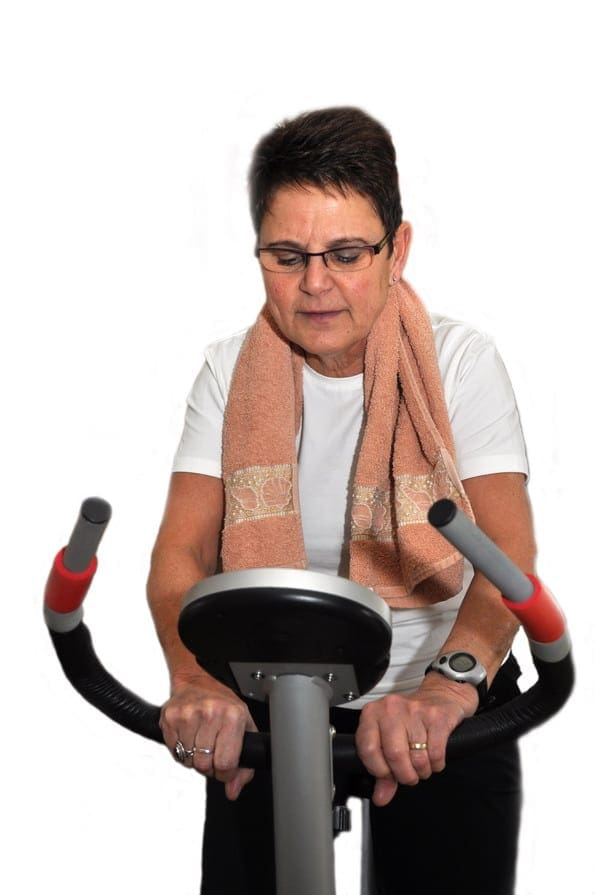The EPA recently warned pregnant women to avoid certain chemicals during their pregnancy, because many personal care items contain toxic chemicals. With over 6 million pregnancies in the United States each year, this is a timely and important warning for expectant mothers to be aware of.
Types of Air Freshener
Aerosol spray cans usually contain VOCs, which are ingredients that help fragrances enter and stay in the air. VOCs might cause health problems and, as per the EPA, it is significant to have proper ventilation when spraying aerosol cans indoors.
Non-Aerosol sprays are a great way to “spritz” the air without having to worry about any VOCs. The formulas inside these containers usually contain either a synthetic compound or essential oils.
Solid air fresheners slowly release a fragrance into the air within a set radius. The EPA has stated that if eaten, these air fresheners can cause death in both humans and rats.
Diffusers are a convenient way to enjoy your favorite fragrance without having to burn candles or apply perfume directly to your skin. They work by using a concentrated form of either essential oils or a synthetic fragrance mixture, which is then diffused into the air. Reed diffusers work by soaking stick-like reeds in the fragrance mixture, which then emits the scent into the surrounding area as the reeds soak up the fragrance. Other diffusers use a heat source to vaporize the fragrance, which then perfumes the room.
Ingredients
Air fresheners are made with four main ingredients: formaldehyde, petroleum distillates, p-Dichlorobenzene, and aerosol propellants.
Formaldehyde is a flammable, colorless chemical found in many building materials and household items. According to the National Cancer Institute, short-term exposure to formaldehyde can cause headaches, coughing, watery eyes, and irritation of the eyes, nose, throat, and skin. Additionally, the International Agency for Research on Cancer has classified formaldehyde as a human carcinogen.
Petroleum distillates, which are colorless and highly flammable liquids, can cause headaches, nausea and irritation of the eyes, nose and throat, according to the Centers for Disease Control and Prevention (CDC).
p-Dichlorobenzene is a white, crystalline solid with a mothball-like odor. It is combustible and has been shown to cause cancer in animals. Exposure to p-Dichlorobenzene can cause headaches, eye irritation, vomiting, weight loss, and jaundice.
Aerosol propellants usually contain hydrocarbons, nitrogen and carbon dioxide. This mixture is flammable and the vapors can cause headaches, increased heart rates and dizziness.
Natural air fresheners
Air fresheners made with essential oils are an effective and natural way to scent your home without synthetic chemicals. These products are available in diffuser or non-aerosol format.
Although it’s commonly believed that anything natural must be good for us, the National Association for Holistic Aromatherapy says not to use essential oils during the first three months of pregnancy. During the remainder of the pregnancy, certain oils should be avoided as they may cause adverse reactions.
There are other, simpler ways to freshen up the air in your home without resorting to store-bought air fresheners. For example, you can put a pot of orange peels and cloves on the stove to boil, which will fill your home with a pleasant smell.
Health Risk to Fetus
A growing fetus is constantly changing and can be exposed to harmful substances even when inside the mother’s womb. This exposure can lead to short-term or long-term health problems.
A study published on PubMed.gov confirms that there is a relationship between child cancer and leukemia with exposure to areas with VOC uses. It is suspected that the mother inhales these elements while pregnant and unknowingly passes them along to her developing fetus.
Recently, there has been a lot of research done by organizations such as the FDA on VOCs and how they affect people when they’re exposed to them. They’re studying things like how long someone is exposed to them and what kind of exposure levels there are.
If you are exposed to VOCs in poorly ventilated areas where the concentration is high, you may experience headaches, nausea, dizziness, and irritation of your skin, eyes, and nose. The EPA has even suggested that some of these elements could be carcinogenic for both animals and humans.
Toulene and Xylene are two compounds often found in air fresheners that can be quite toxic, according to the U.S. National Library of Medicine. Chronic inhalation of these compounds can cause irreversible brain damage.
Recommendations
There is no one-size-fits-all answer to whether or not air fresheners are safe to use during pregnancy. The type of air freshener and the ingredients it contains will affect its safety. Some air fresheners contain chemicals that can be harmful to pregnant women and their developing babies.
If you’re pregnant and using air fresheners, look for products that are free of volatile organic compounds (VOCs). VOCs are chemicals that can vaporize into the air and cause health problems. Pregnant women should also avoid air fresheners that contain phthalates. Phthalates are a type of chemical used to make plastics more flexible. They can disrupt hormones and have been linked to birth defects.
If you’re pregnant and using air fresheners, choose products that are labeled “unscented” or “fragrance-free.” These products don’t contain any added scent, so they’re less likely to contain VOCs or other harmful chemicals.
If you’re unsure about using store-bought air fresheners during pregnancy, why not try making some home-made air fresheners instead? Boiling spices and fruit peels on the stove or baking an apple pie are both great (and much safer) options for you and your little one. Not to mention, your home will smell fantastic!











